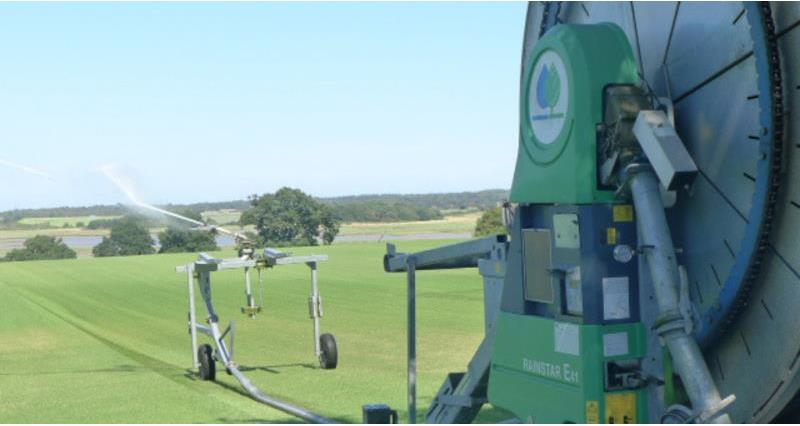A key element of Defra’s plan is the creation of a stronger catchment focus to water resources planning by bringing together the Environment Agency, abstractors and catchment groups to develop local solutions and to prepare for the future.
It is expected that empowering local groups will lead to innovation, and anticipated that consensus-based decisions can be quicker to implement than slavishly following a regulatory approach.
Groups will be encouraged to devise and develop innovative ideas for better water management - ideas that work will be included in the licensing strategy for each catchment.
In view of the impacts of the 2018 drought, and concern about irrigation prospects next year, farmers expressed a keen desire to further develop flexible licensing approaches devised during the summer.
The NFU believes that rapid water trading aligned to the provision of online river flow information is a great way to make better use of existing water, whilst the construction of more storage reservoirs is crucial to capturing ‘new’ water to meet the demands of food production.
Tim Darby, manager of the abstractor group ESWAG, inspired delegates with his description of a proposed reservoir storage scheme on the Felixstowe peninsula that could capture 650k cubic metres of water for crop irrigation that would otherwise be ‘lost’ to the sea.
Steve Moncaster, manager of Water Resources East (WRE), explained how his project wants to answer government calls to deliver a strong economy with a flourishing environment. WRE wants to build capacity water (storage and bulk transfer) and create the management tools to deliver it.
Farmer Lindsay Hargreaves, attending the launch event as chair of the Lark Abstractor Group, was happy to commit his organisation to future involvement in the catchment approach to water resources management.
“There is no easy fix to water scarcity – which is why we are here”, he said.
See also:
